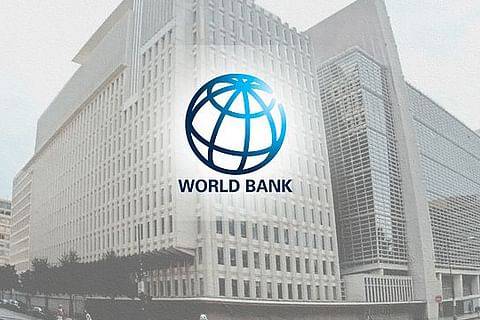The policy interest rate now stands at 27%, the World Bank said in a recent report, identifying it as the highest in Africa. That stunning number is part of a wider economic picture of increasing inflation and tight monetary policies across the continent.
This is the interest rate at which the central bank in a country lends money to domestic banks. It is supposed to be one of the main monetary measures to help with the process of keeping inflation within manageable limits and maintaining the economy in a state of balance. Ghana's Central Bank has implemented this high rate as part of its intention to deal with the recent, escalating inflation rates spurred by a combination of global economic stressors, supply chain disruptions, and local economic challenges.
According to the World Bank, for Ghana, inflation has continued to bear the full brunt of the COVID-19 pandemic, combined with external shocks related to commodity price volatility and geopolitical tensions. Ghana's inflation in September 2023 stood at about 40%, way above the average for most of its regional peers.
Economists differ over whether such a high policy rate would pay off. Advocates for the increase say that it is needed to clamp down on inflation and stabilize the currency, the cedi of Ghana, which has taken a real beating over the last few months. Critics caution that high interest rates may choke off economic growth, discourage investment, and place a further burden on already-overburdened consumers and companies struggling to put up with a soar in the cost of living.
The findings of the World Bank have triggered debate among policymakers and economic experts that there was a need for some balance in monetary policy. Many have called for the Ghanaian government to introduce complementary fiscal measures to spur growth without eroding gains in taming inflationary pressures.
As the Ghanaian economy is sailing through stormy waters, the next move of the Central Bank is closely being watched by stakeholders. The challenge remains to foster an environment conducive to growth while ensuring price stability-a delicate balance that will be crucial for Ghana's economic recovery in the coming years.
Source: myjoyonline.com




No comments yet
Be the first to share your thoughts!